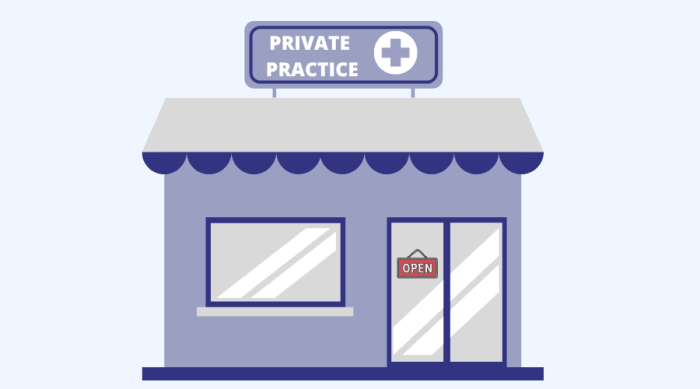
From my first day of medical school in the early 1990’s, professors and lecturers started saying “solo private practice is dead.” It seemed strange. As far as I knew, none of my classmates were particularly interested in going into solo practice. I had run my own IT consulting firm for a number of years, so I probably leaned in that direction, but it wasn’t my dream or a goal and I didn’t talk about it.
Yet it kept being said, until I began to wonder whom they were trying to convince. It took on a defensive air.
I heard the same thing in residency, with the same tone of desperation. I still wasn’t thinking of going into private practice.
I trained in both Family Medicine and Psychiatry, a rare combination at the time. I just couldn’t see a lot of point in dividing my patients at the neck. My desire was to truly integrate mental health care with the rest of medicine.
The Real World didn’t share my dream.
Psychiatric practices did not want me addressing my patients’ non-psychiatric medical issues, even when they were closely related to their mental illness.
Primary care clinics usually said things like “oh, we really need someone like you — we have all these patients whose psychiatric conditions impact their primary care; someone like you could take care of all those patients!” So, you’re saying that you’re going to route all your challenging patients to me, but are you still going to hold me to your “productivity” requirements and expect me to see six patients per hour? “Well, it’s not like we could give you special treatment or anything.” Right.
So I began to consider private practice, and started wondering, again, about all the “solo private practice is dead” comments. It ultimately occurred to me that pretty much the only doctors you come into contact with in academia are those who have given up or never considered private practice. And for people who are able to tolerate the restrictions and bureaucracy of academic or group practices, the uncertainty and different skill set required to navigate a private practice must seem to be huge barriers, indeed.
I already had the business experience, and in my case the restrictions that came with institutional practices really meant that I couldn’t practice the kind of medicine I wanted to practice.
I’m happy to report that my foray into the scary world of private practice went quite well. My patients loved it. I was really happy (until Covid, but that’s another story). Honestly, I only earned about ⅓ the income of my institutional colleagues, but it was still enough for me to live reasonably well (my needs are modest), put my children through college, and retire in my early sixties.
So… not for everybody, but not dead.
—2p